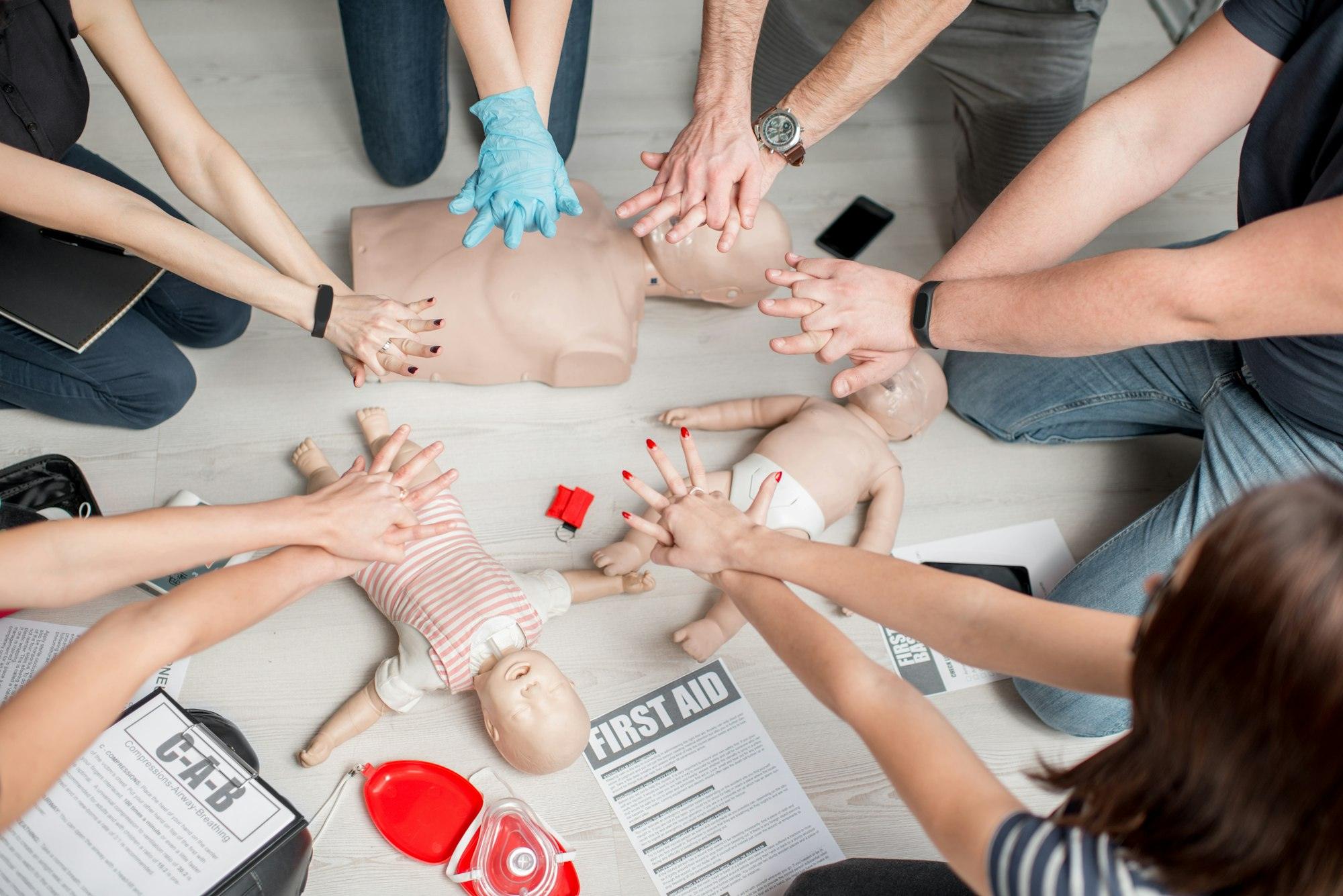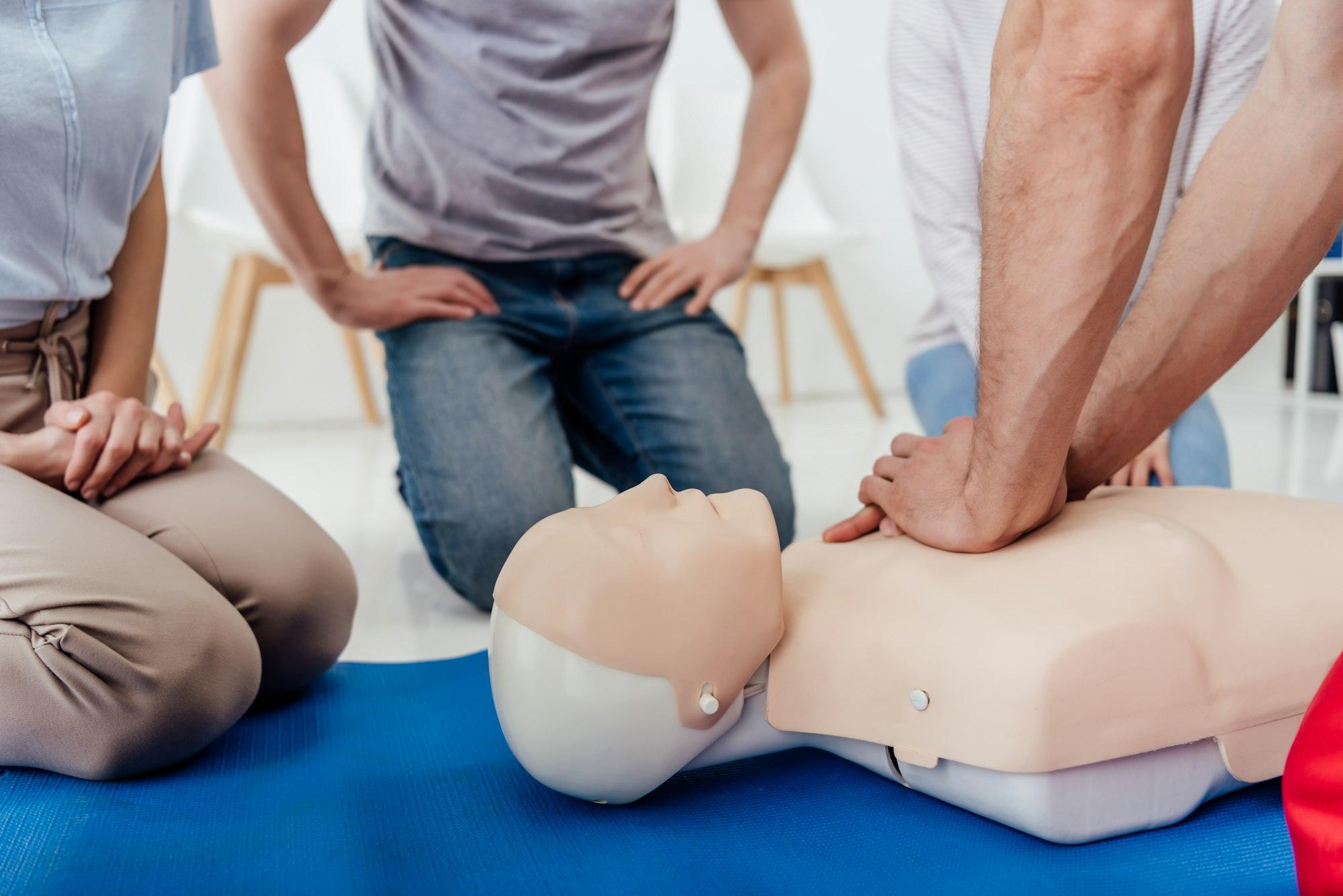Level 1
Competence that involves the application of knowledge in the performance of a range of varied work activities, most of which are routine and predictable. At comprehensive schools, qualification Levels 1 is equivalent to one GCSE at grade D-G.
Level 2
Competence that involves the application of knowledge in a significant range of varied work activities, performed in a variety of contexts. Collaboration with others, perhaps through membership of a work group or team, is often a requirement. At comprehensive schools, qualification Levels 2 is equivalent to one GCSE at A*-C
Level 3
Competence that involves the application of knowledge in a broad range of varied work activities performed in a wide variety of contexts, most of which are complex and non-routine. There is considerable responsibility and autonomy and control or guidance of others is often required. At Sixth Form Colleges, qualification Levels 3 can be worth 1-5 A levels at A*-C.
For Year 10 students starting NVQ courses in September 2013, the qualification level will not be equivalent to a GCSE.
Qualification Levels
Level 4
Competence that involves the application of knowledge in a broad range of complex, technical or professional work activities performed in a variety of contexts and with a substantial degree of personal responsibility and autonomy. Responsibility for the work of others and the allocation of resources is often present.
Level 5
Competence that involves the application of a range of fundamental principles across a wide and often unpredictable variety of contexts. Very substantial personal autonomy and often significant responsibility for the work of others and for the allocation of substantial resources features strongly, as do personal account abilities for analysis, diagnosis, design, planning, execution and evaluation
What is a Level 6 qualification?
Award 1 to 12 units, Certificate 12 to 36 units, Diploma 37 and above, approximately equivalent to a Bachelors/Honours degree level qualification.
Level 7
Award 1 to 12 units, Certificate 12 to 36 units, Diploma 37 and above, approximately equivalent to post-Graduate diploma/certificate or Masters degree level qualification.
Level 8
Award 1 to 12 units, Certificate 12 to 36 units, Diploma 37 and above, approximately equivalent to Doctoral degree level, (although it is often the case that Doctoral degree are subject to a lengthy, research project under minimal guidance that offer an original contribution to an academic subject area; an NVQ lacks most of these elements, therefore while of the same standard and degree of specialistic but not of the same merit in regards to originality of contribution) Qualification levels
Qualification levels
Education Levels
- High School Diploma: Basic education level for many entry-level jobs.
- Associate Degree: Typically a two-year degree focusing on specific fields (e.g., nursing, IT).
- Bachelor’s Degree: A four-year college degree that is often the minimum requirement for many professional jobs.
- Master’s Degree: Advanced degree that can lead to specialized knowledge in a field and may open doors to higher-level positions.
- Doctorate (Ph.D. or Professional Degrees): The highest level of academic qualification, often required for teaching at the university level or for certain specialized professions (e.g., medicine, law).
Professional Certifications
- Certification Programs: Various professional fields (e.g., IT, healthcare, finance) offer certifications that can enhance qualifications (e.g., CPA, PMP, CompTIA).
- Licensure: Required for certain professions (e.g., medicine, engineering, law), demonstrating that an individual has met industry standards.
Trade Qualifications
- Apprenticeships: Combines on-the-job training with classroom instruction and leads to certification in skilled trades (e.g., plumbing, electrical work).
- NVQ/SVQ (National Vocational Qualifications): Qualification recognition in the UK for work-related skills.
Skills-Based Qualifications
- Soft Skills and Technical Skills: Many employers value interpersonal skills, problem-solving abilities, and technical proficiencies, which can sometimes outweigh formal qualifications.
See our range of qualifications HERE
Summary
The “best” qualification really depends on the career path you are pursuing and the industry standards. Generally, higher qualifications can lead to more opportunities, increased earning potential, and enhanced career advancement. Always consider the specific requirements or demands of the field you are interested in.

More for details on Qualification levels please feel free to contact us










